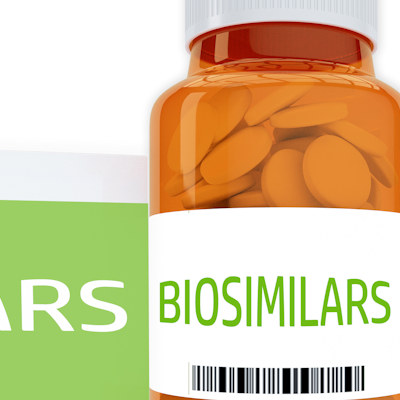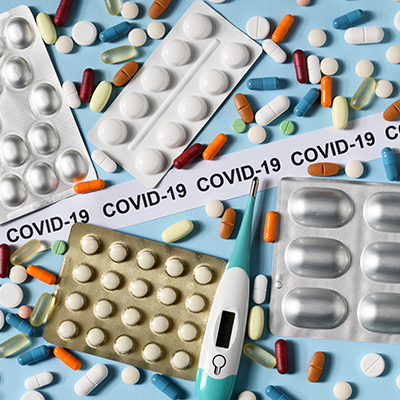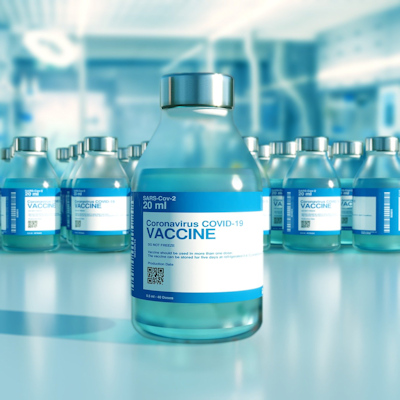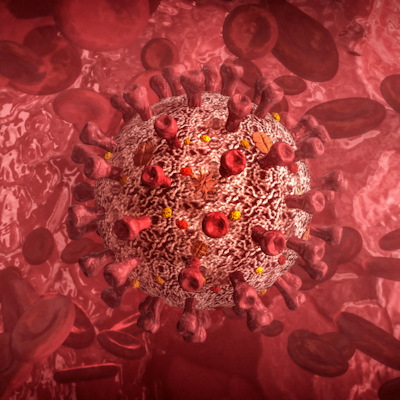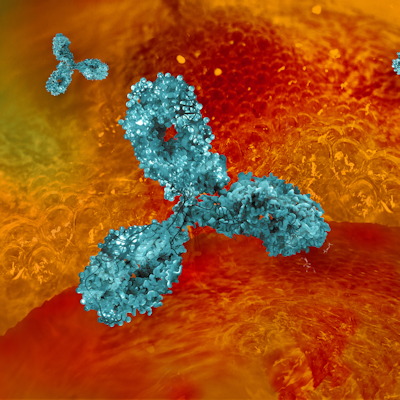March 9, 2023 -- A nasally administered monoclonal antibody modulated inflammatory responses in COVID-19 patients in a small clinical trial.
The study, details of which were published this week in the Proceedings of the National Academy of Sciences, enrolled patients with mild to moderate COVID-19 at a site in Brazil. Participants received 100 µg of the anti-CD3 monoclonal antibody foralumab nasally for 10 consecutive days. Researchers at Brigham and Women's Hospital in the U.S. then performed immunologic analyses of blood samples from eight patients who received foralumab and the same number of untreated people.
Using serum proteomics and RNA sequencing, the researchers assessed the immune response to the nasally administered antibody. Recipients of foralumab had more naïve-like T cells and fewer NGK7+ effector T cells and showed differences in the expression of multiple genes. Expression of TGFB1 and GIMAP7 in T cells was higher in recipients of the antibody.
The researchers found that the interactions between GIMAPs, NKG7, and TGFβ1 affect immune activation and may represent an important pathway to maintain immune homeostasis. Lead author Thais Moreira, PhD, an assistant scientist at the Ann Romney Center for Neurologic Diseases at BWH and an instructor in Neurology at Harvard Medical School, explained the implications of the data in a statement.
"We discovered a way to shut down inflammation not only seen in COVID-19, but also in a patient with multiple sclerosis as well as in healthy patients," Moreira said. "Not only does our study suggest that this new monoclonal antibody drug is safe and can modulate the immune system without major side effects, but it can also decrease inflammation in multiple realms, so it may be useful for treating other diseases."
While noting that the study is "limited by its size" and "not powered to present a biomarker associated with clinical outcomes in COVID-19," the researchers concluded that their analysis revealed a "unique mechanism" associated with nasal foralumab that will help advance its use as an adjunct therapy for COVID-19.
The developer of foralumab, Tiziana Life Sciences, withdrew a phase II clinical trial of the antibody in COVID-19 before enrolling a single patient, citing business reasons. Tiziana is now focused on other indications. A phase II clinical trial in multiple sclerosis is underway; the biotech plans to run studies in Alzheimer's disease, amyotrophic lateral sclerosis, and type 1 diabetes.
The range of indications pursued by Tiziana reflects the role inflammation plays in multiple diseases. The best known COVID-19 antibodies work by targeting the virus directly. Foralumab, in contrast, is designed to modulate inflammation and the immune response.
Copyright © 2023 scienceboard.net




